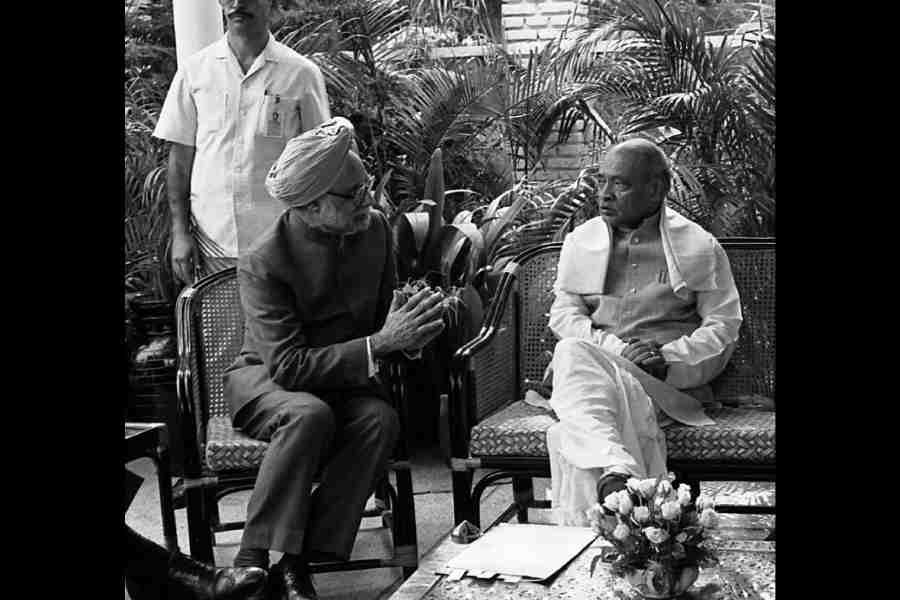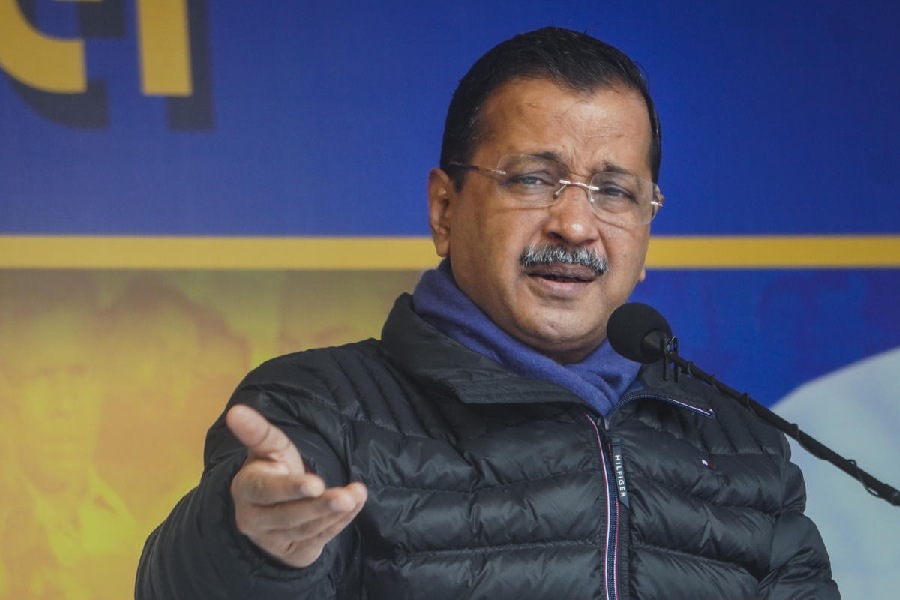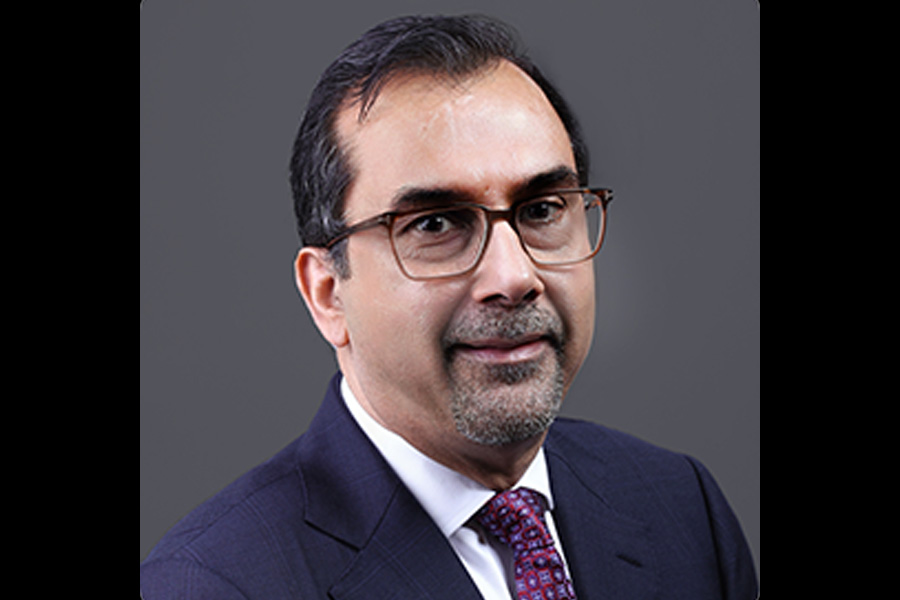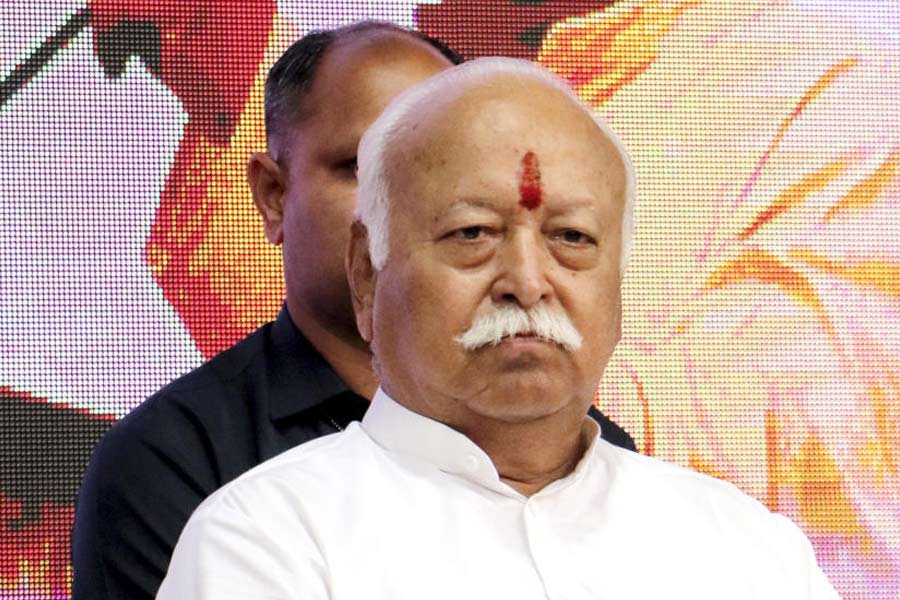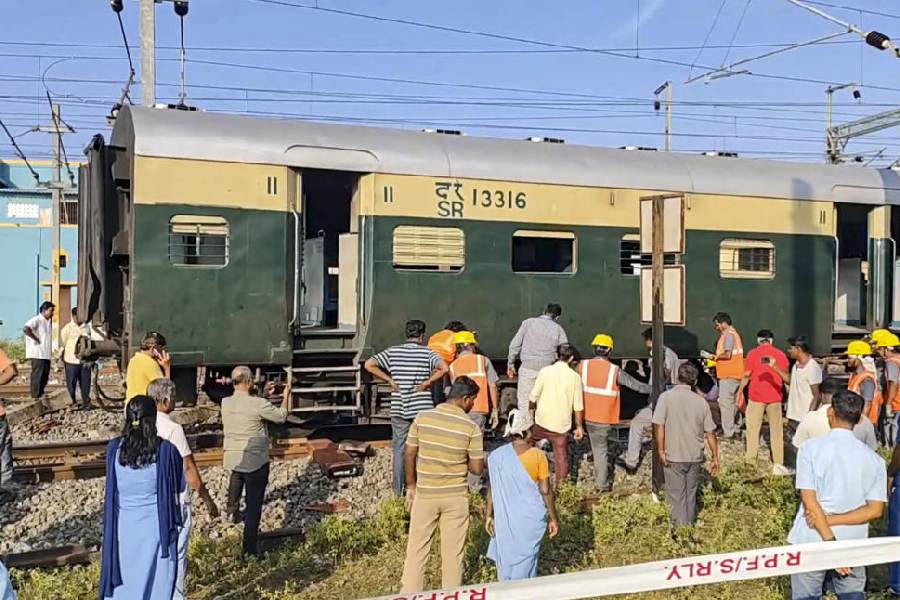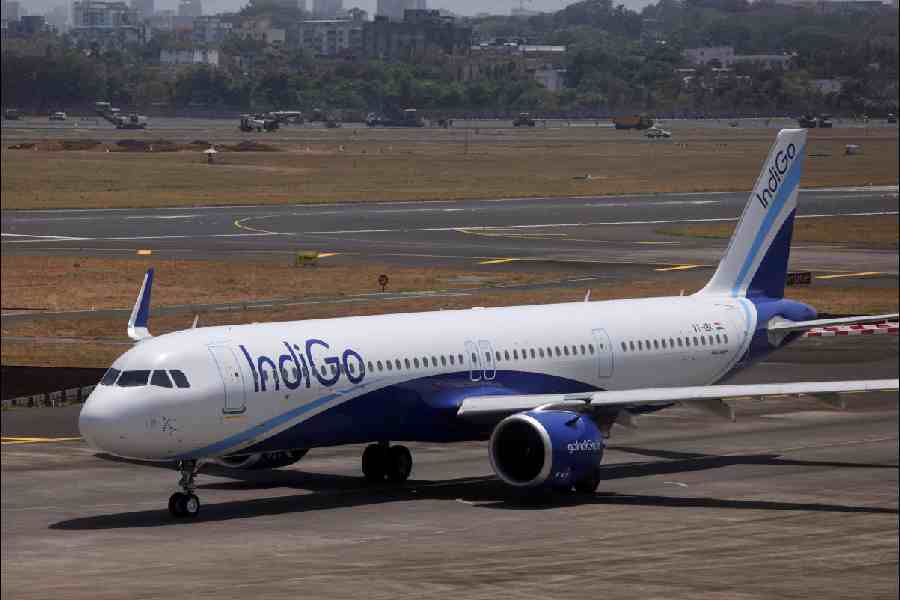Manmohan Singh’s passing means we have lost another giant economist of the post-Independence era whose active career straddled both the Nehruvian planning period and the phase of reforms that started in 1991.
The question that some may ask is why he took so long to usher in reforms when he was part of the commerce ministry since 1971. But he was just a technocrat for a long period. One can also say that there may have been a change of heart in the later phase of his career.
In 1991, he was a very able finance minister to Prime Minister P.V. Narasimha Rao. It was Rao’s sagacity that he chose someone like Dr Singh as finance minister.
I don’t remember who said it, but a minister once said that the FM is the wife of the PM — the FM doesn’t embarrass the PM, but the PM takes very seriously what the FM has to say.
If we look at the reforms that began in 1991, it’s indeed very difficult to disentangle how much of it was because of Rao and how much because of Singh. But I think it was a brilliant teamwork.
Mind you, Dr Singh showed what he was capable of when he was the governor of the RBI between 1982 and 1985. Computerisation started in his time and he chose C. Rangarajan as his able deputy. He showed his mettle again when he became Prime Minister in 2004.
You may have differences of opinion with what happened in the UPA era, but one thing that one must grant to Dr Singh is the manner in which he pushed the civil nuclear deal that India signed with the US. It was he who stood up against the Left when they wanted to sabotage the deal.
Dr Singh was the finance minister when I joined the finance ministry as an economic adviser in 1996 after I returned from a stint with the IMF. I came through the UPSC. He was instrumental to my coming back, always very encouraging. I recall how he helped me with my daughter’s admission to school.
When the Rao government lost power, Dr Singh became a member of the Opposition benches in the Rajya Sabha. I used to interact with him those days. He was a very soft person, but he had the ability to put across very hard points, often with a subtle sense of humour.
Dr Singh will be remembered for having led a government that provided political stability to the country. After all, he is the fourth longest-serving Prime Minister of the country after Jawaharlal Nehru, Indira Gandhi and Narendra Modi.
Some detractors would say that he was at the right place at the right time. But it was not just an accident, he prepared himself for it. He knew a lot about the functioning of the government, he had watched Prime Ministers and other ministers for a long time and he was consistent in his service to the government.
And then, he grabbed the opportunity when it came his way in 1991 during the time of the Rao government and ushered in reforms to liberalise the economy, in more ways than one.
Today it might appear that many more things could have been done. But to be honest, many people, including myself, were amazed that such a lot was done.
Indeed, Deng Xiaoping had done it a dozen years before us in China. But what can be done easily in China cannot be done easily in a democratic India. Breaking old habits in a noisy democracy is not that easy and it takes a lot of courage.
We hear all sorts of allegations of corruption in high places. But Dr Singh was a rare politician who remained unblemished. During the Harshad Mehta scam of 1992, he had even offered to resign though there was nothing against him. Rao persuaded him to stay on.
The second term of the UPA, which led to his departure in 2014, was mired in all sorts of controversies, including that of policy paralysis. But as Dr Singh had said, history will be kinder to him.
Ashok Kumar Lahiri was chief economic adviser to the Manmohan Singh government. He used to teach at the Delhi School of Economics, where Singh had taught international trade between 1969 and 1971

